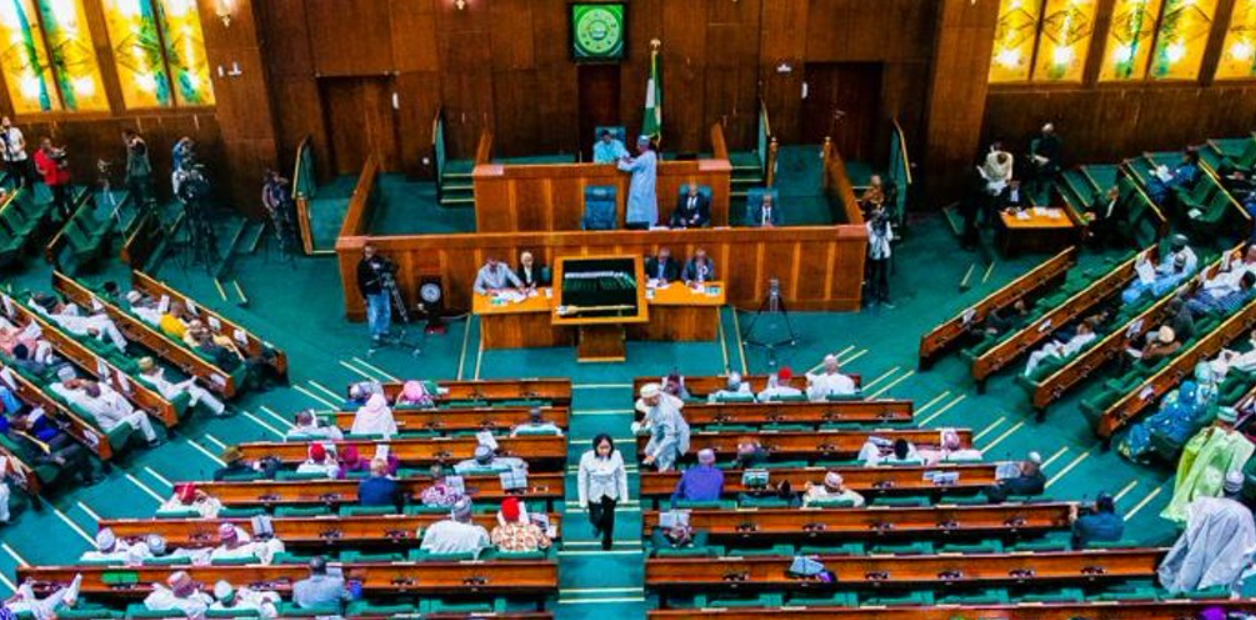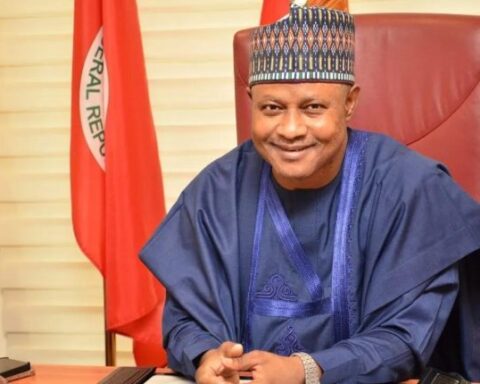Speaker of the House of Representatives, Dr. Abass Tajudeen, has expressed concern over Nigeria’s public debt profile, which was ₦149.39 trillion, approximately US$97 billion, as of the first quarter of this year. Domestic borrowing accounts for 53 per cent, while external borrowing makes up 47 per cent.
Speaking at the opening of the 11th Annual Conference and General Assembly of the West Africa Association of Public Account Committees (WAAPAC), held at the National Assembly complex on Monday in Abuja, he noted that the amount represents a sharp increase from ₦121.7 trillion the previous year, emphasising how quickly the burden has grown.
The speaker noted that even more concerning is the debt-to-GDP ratio, which now stands at approximately 52 per cent, well above the statutory ceiling of 40 per cent set by our own laws.
He argued that this breach of the debt limit signals strain on fiscal sustainability, emphasising the urgent need for stronger oversight, transparent borrowing practices, and a collective resolve to ensure that tangible economic and social returns match every naira borrowed.
The speaker further stated that across Africa, debt levels have reached alarming proportions, with the continent’s total public debt estimated at US$1.8 trillion by 2022, and external debt alone expected to exceed US$1 trillion by 2023.
Follow us on all social media platforms @dailyquery for news and analyses around the globe.



























